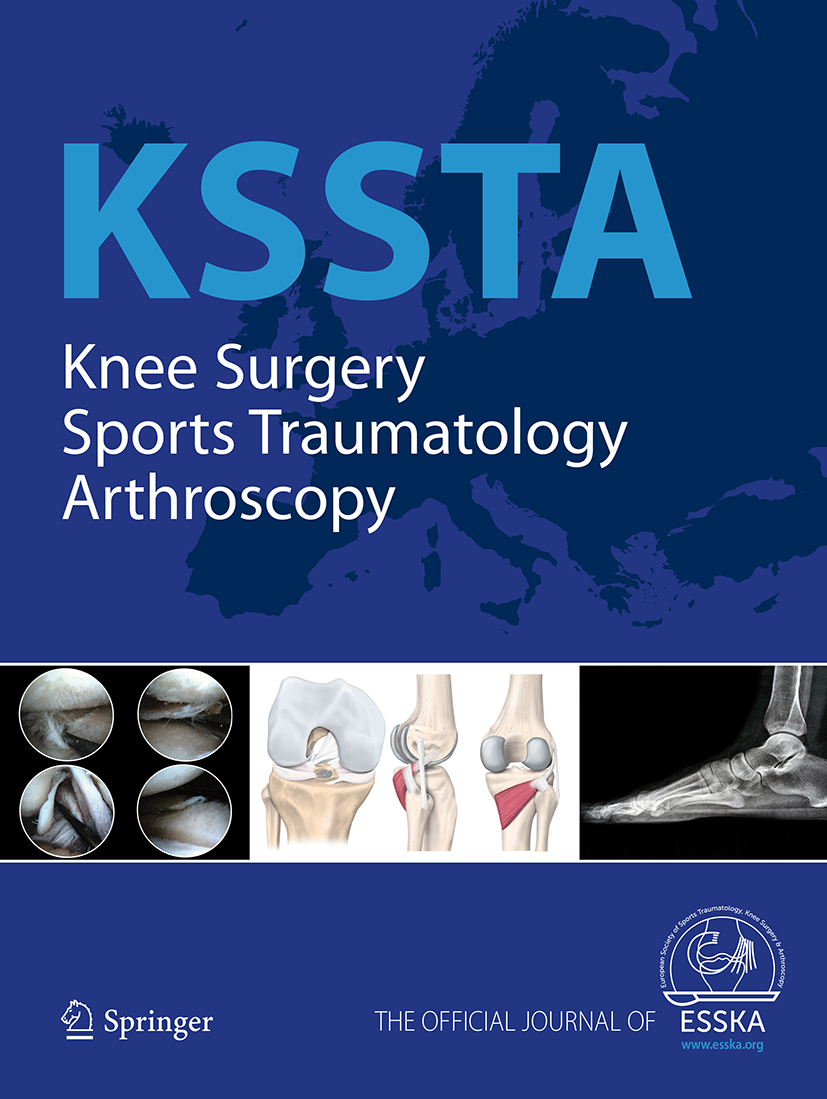
Similar 5-year clinical outcomes between patient specific and conventional instrumentation in TKA

Similar 5-year clinical outcomes between patient specific and conventional instrumentation in TKA
No difference in mid-term survival and clinical outcome between patient-specific and conventional instrumented total knee arthroplasty: a randomized controlled trial
Knee Surg Sports Traumatol Arthrosc. 2019 May;27(5):1463-1468.Did you know you're eligible to earn 0.5 CME credits for reading this report? Click Here
Synopsis
180 patients with knee osteoarthritis and scheduled for a primary unilateral total knee arthroplasty (TKA) were randomized to receive implant alignment with either with patient specific instrumentation (PSI) or conventional instrumentation (CI). Outcomes of interest included revision rate, the Knee Society Score (KSS), Oxford Knee Score (OKS), Western Ontario and McMaster Universities (WOMAC) Oste...
To view the full content, login to your account,
or start your 30-day FREE Trial today.
FREE TRIAL
LOGIN
Forgot Password?
Explore some of our unlocked ACE Reports below!

Learn about our AI Driven
High Impact Search Feature
Our AI driven High Impact metric calculates the impact an article will have by considering both the publishing journal and the content of the article itself. Built using the latest advances in natural language processing, OE High Impact predicts an article’s future number of citations better than impact factor alone.
Continue



 LOGIN
LOGIN

Join the Conversation
Please Login or Join to leave comments.